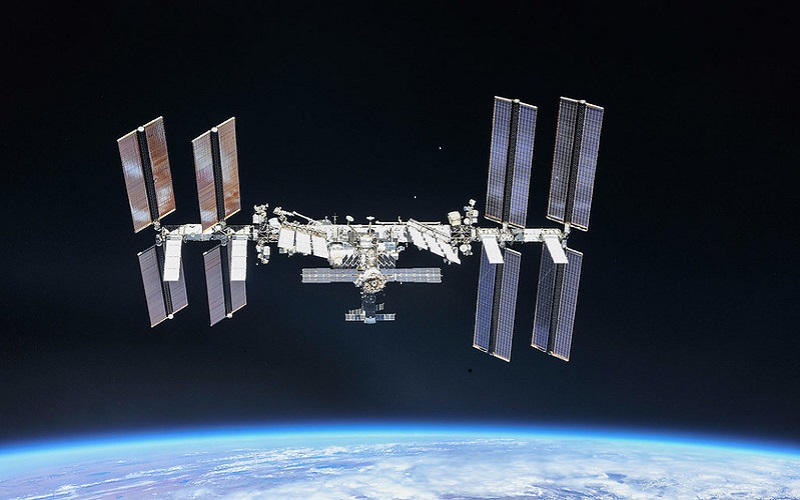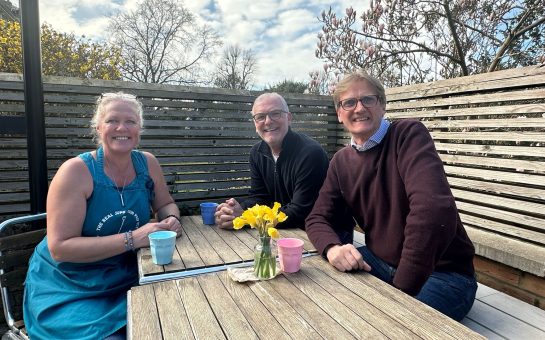A multi-exercise training device developed by a Teddington Pilates instructor is being considered for use by the International Space Station.
Engineer John Kennett has invented a game-changing device that will allow astronauts to jump in zero-space, a feat that has never been achieved before.
Astronauts are currently required to exercise for two hours a day, six days a week, but Kennett’s device, which he designed at his Pilates studio on top of the Royal British Legion Club on Teddington High Street, could reduce this time to just ten minutes.
The hope is that the High Frequency Impulse for Microgravity (HIFIm) prototype device will reduce muscle and bone density loss by offering a variety of new exercises for astronauts.
Kennett, 50, explained: “I had a client recovering from cancer that I was helping overcome physical issues, like low bone density.
“After a year of exercises her bone density was 92% of what it was.
“So I developed this really superb equipment at Teddington studio.”
Prior to co-owning the specialist clinical exercise and rehab centre Teddington Pilates studio, Kennett had worked on the design of major aeronautical projects including Concorde and the Boeing 747.
He added: “I was always interested in space. I looked at what happens – I knew that they train two hours a day which is a quarter of the day to help cardiovascular systems.
“And I thought ‘they’re missing a trick there’, so I designed them a prototype.
“I handed my ideas to NASA’s Johnson Space Center in Houston. Within nine minutes they responded. I got a communication from NASA’s bone specialist and we talked about the concept.”

After various attempts to launch his concept, HIFIm was eventually awarded a UK Government Space Technology and Development Grant in 2019 and is being considered for use by the International Space Station.
Despite having yet to be used in space, Kennett hopes his device will be used in NASA’s Gateway programme, a future outpost orbiting the Moon that will support a human return to the lunar surface, currently slated for 2024.
The equipment is being developed in collaboration with St Mary’s University, and Kennett has now secured funding from the UK and European space agencies for a zero gravity test flight next year.
Feature image credit: Leo Wilkinson Photography




